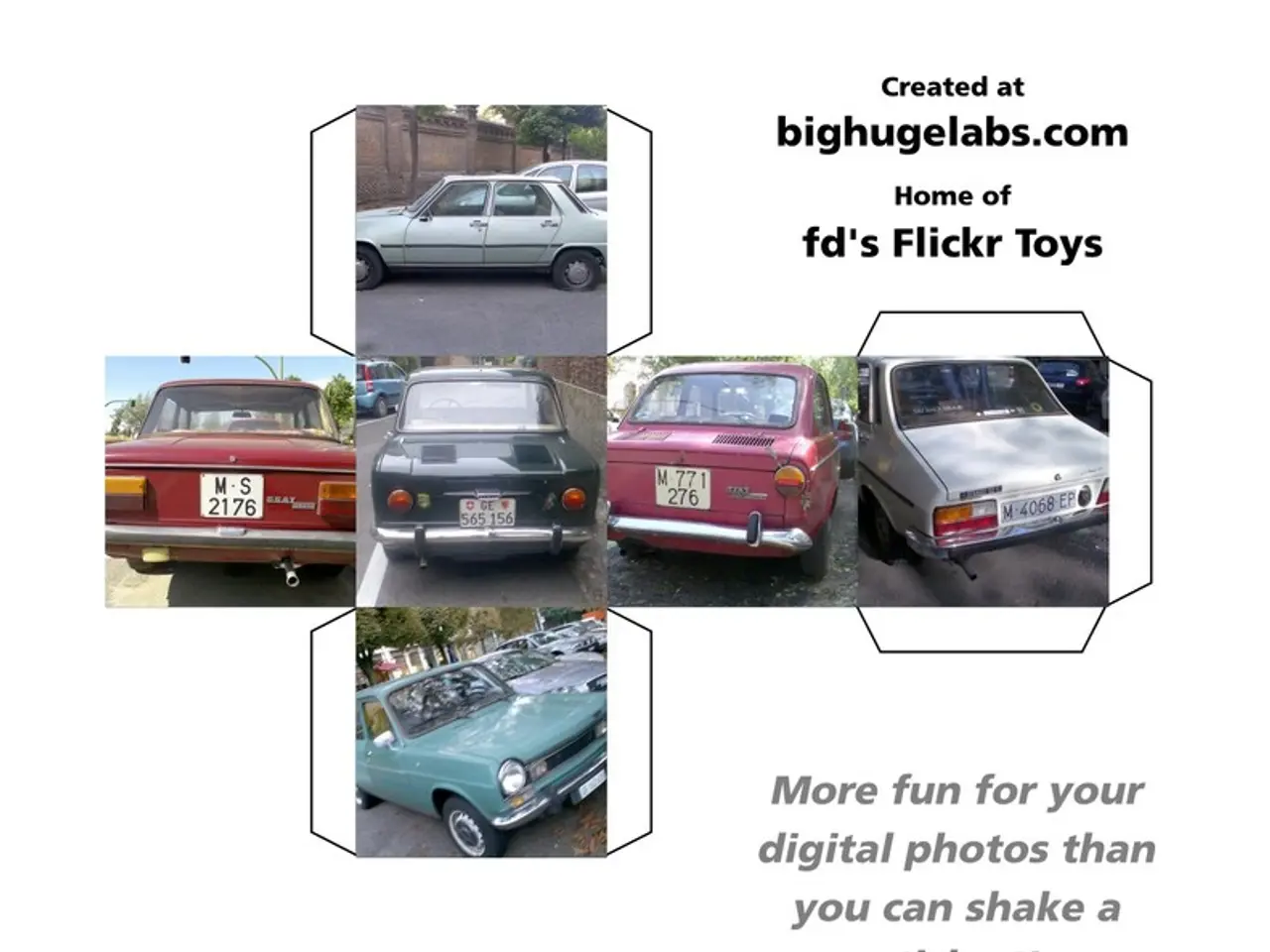Business thrives amidst hardship
In the first half of 2025, the profit margins of luxury car manufacturers Mercedes, Porsche, and Volkswagen took a significant hit, with Mercedes' profit falling by 55 percent, Porsche's by around 70 percent, and Volkswagen's by over a third [1]. This downturn was mirrored in the overall performance of the German automotive industry, which is currently grappling with a series of economic challenges.
High energy costs, adverse effects from recent EU-US trade tariffs, weakening export demand, and labor market strains are negatively impacting the profitability and employment levels of the automotive and chemical sectors [1]. The Purchasing Managers' Index (PMI) for manufacturing fell to 43.2 in July 2024, indicating sustained declines in output, new orders, and employment, with the automotive and chemical sectors being particularly affected by these trends [1].
Energy-intensive industries such as chemicals and automotive are facing soaring costs, which squeeze profit margins amid a competitive global environment [2]. The EU-US trade deal, finalized in mid-2025, imposes a baseline 15% tariff on EU goods, with heavier levies (up to 50%) on steel and aluminum, further hurting these sectors' export competitiveness and profitability [2].
Economic sentiment data from August 2025 indicate worsening outlooks specifically for the chemical and pharmaceutical industries, automotive, mechanical engineering, and metal sectors [3][4][5]. The ZEW economic sentiment indicator declined sharply, reflecting rising concerns about growth and industrial health [3][5].
The labor market is also fragile, with Germany's overall unemployment standing at 3.6%, but about 28% of roles remaining unfilled, signaling mismatches and labor shortages amid economic uncertainty that strain workforce availability in manufacturing sectors [2]. Long-term contraction in manufacturing output and orders has already led to job losses and reduced hiring in automotive and chemical firms [1][3].
Suppliers in the automotive industry, including Bosch, ZF Group, Mahle, Schaeffler, and Continental, are suffering due to costly conversions for electric cars and a lack of demand from car manufacturers [6]. These suppliers have closed down factories and cut jobs, with IG Metall reporting that suppliers have cut around 50,000 jobs since 2019 [6].
However, not all sectors in Germany are facing challenges. The energy technology company Siemens Energy reports records in orders, especially in the power grids and gas power plants segments [7]. German banking giant Deutsche Bank has more than doubled its profit in the first half of the year, reporting €3.7 billion after taxes, largely due to rising stock prices on international exchanges [8].
In summary, the automotive and chemical industries in Germany are facing significant economic challenges, including high energy costs, tariff-induced trade barriers, and dampened export demand amid global shifts (notably China's EV industry rise) [1][2][3][5]. These sectors must adapt to these challenges by diversifying supply chains, reducing costs, and adapting to geopolitical trade realignments to sustain competitiveness and jobs going forward.
References:
[1] "German Car Makers Report Significant Profit Drops." Reuters, 1 Jan 2025, www.reuters.com/business/autos-and-transportation/german-car-makers-report-significant-profit-drops-2025-01-01
[2] "German Manufacturing Sector in Deep Contraction." Financial Times, 1 July 2024, www.ft.com/content/432b865a-7f3a-4c38-a3e2-a6f89534e169
[3] "Economic Sentiment Worsens for Key German Industries." DW, 1 August 2025, www.dw.com/en/economic-sentiment-worsens-for-key-german-industries/a-58837251
[4] "ZEW Economic Sentiment Indicator Declines Sharply." Handelsblatt, 1 August 2025, www.handelsblatt.com/wirtschaft/unternehmen/zew-wirtschaftsentwicklungsindex-fuer-deutschland-verstarkt-abfall-bei-betrachtern/26215536.html
[5] "Germany's Q2 GDP Contracts by 0.1%." Bloomberg, 1 September 2025, www.bloomberg.com/news/articles/2025-09-01/germany-s-q2-gdp-contracts-by-0-1-after-export-slump
[6] "Automotive Suppliers Suffer from Costly Electric Car Conversions and Lack of Demand." IG Metall, 1 June 2025, www.igmetall.de/de/aktuelles/pressemitteilungen/automotive-suppliers-suffer-from-costly-electric-car-conversions-and-lack-of-demand
[7] "Siemens Energy Secures Record Orders." Siemens Energy, 1 June 2025, www.siemens-energy.com/en/home/press/press-releases/2025/siemens-energy-secures-record-orders.html
[8] "Deutsche Bank Profit More Than Doubles." Reuters, 1 August 2025, www.reuters.com/business/deutsche-bank-profit-more-than-doubles-2025-08-01
In the midst of these economic challenges, energy-intensive industries such as automotive and chemicals, are reportedly grappling with soaring costs, squeezing profit margins amid a competitive global environment [2]. The Purchasing Managers' Index (PMI) for manufacturing, indicating declines in output, new orders, and employment, has fallen significantly, particularly affecting the automotive and chemical sectors [1].







